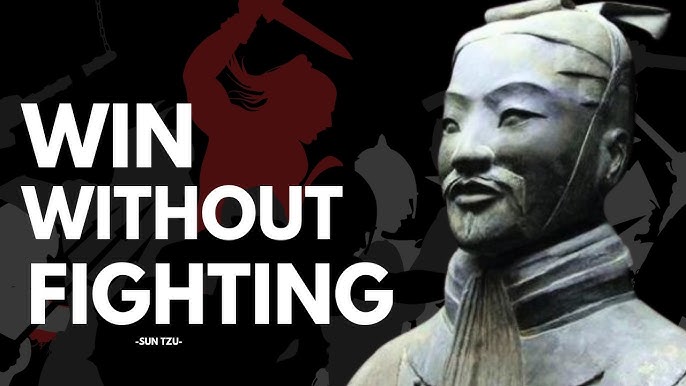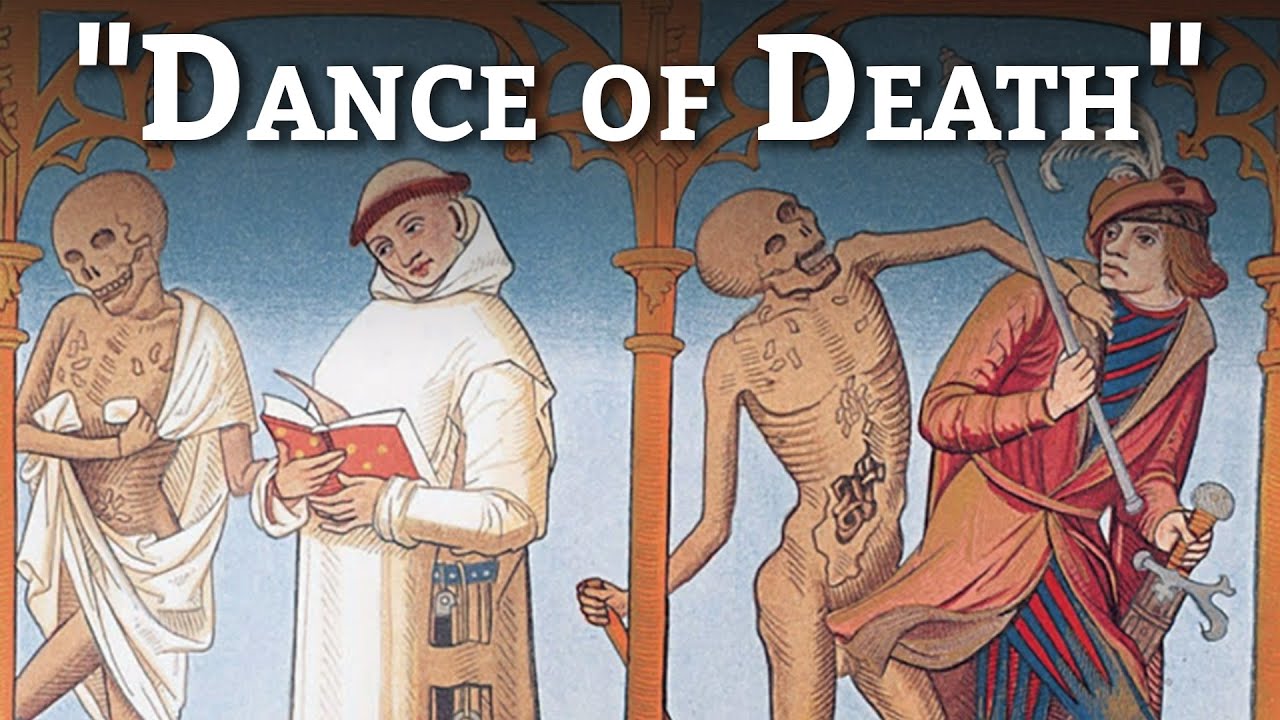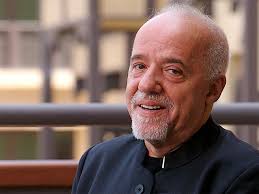The Dance of Death
Catagory:Fiction
Author:Joan Burroughs
Posted Date:03/25/2025
Posted By:utopia online
Through the luxuriant, tangled vegetation of the Stygian jungle night a great lithe body made its way sinuously and in utter silence upon its soft padded feet. Only two blazing points of yellow-green flame shone occasionally with the reflected light of the equatorial moon that now and again pierced the softly sighing roof rustling in the night wind.
Occasionally the beast would stop with high-held nose, sniffing searchingly. At other times a quick, brief incursion into the branches above delayed it momentarily in its steady journey toward the east. To its sensitive nostrils came the subtle unseen spoor of many a tender four-footed creature, bringing the slaver of hunger to the cruel, drooping jowl.
But steadfastly it kept on its way, strangely ignoring the cravings of appetite that at another time would have sent the rolling, fur-clad muscles flying at some soft throat.
All that night the creature pursued its lonely way, and the next day it halted only to make a single kill, which it tore to fragments and devoured with sullen, grumbling rumbles as though half famished for lack of food.
It was dusk when it approached the palisade that surrounded a large native village. Like the shadow of a swift and silent death it circled the village, nose to ground, halting at last close to the palisade, where it almost touched the backs of several huts. Here the beast sniffed for a moment, and then, turning its head upon one side, listened with up-pricked ears.
What it heard was no sound by the standards of human ears, yet to the highly attuned and delicate organs of the beast a message seemed to be borne to the savage brain. A wondrous transformation was wrought in the motionless mass of statuesque bone and muscle that had an instant before stood as though carved out of the living bronze.
As if it had been poised upon steel springs, suddenly released, it rose quickly and silently to the top of the palisade, disappearing, stealthily and cat-like, into the dark space between the wall and the back of an adjacent hut.
In the village street beyond women were preparing many little fires and fetching cooking-pots filled with water, for a great feast was to be celebrated ere the night was many hours older. About a stout stake near the centre of the circling fires a little knot of black warriors stood conversing, their bodies smeared with white and blue and ochre in broad and grotesque bands. Great circles of colour were drawn about their eyes and lips, their breasts and abdomens, and from their clay-plastered coiffures rose gay feathers and bits of long, straight wire.
The village was preparing for the feast, while in a hut at one side of the scene of the coming orgy the bound victim of their bestial appetites lay waiting for the end. And such an end!
Tarzan of the Apes, tensing his mighty muscles, strained at the bonds that pinioned him; but they had been re-enforced many times at the instigation of the Russian, so that not even the ape-man’s giant brawn could budge them.
Death!
Tarzan had looked the Hideous Hunter in the face many a time, and smiled. And he would smile again tonight when he knew the end was coming quickly; but now his thoughts were not of himself, but of those others—the dear ones who must suffer most because of his passing.
Jane would never know the manner of it. For that he thanked Heaven; and he was thankful also that she at least was safe in the heart of the world’s greatest city. Safe among kind and loving friends who would do their best to lighten her misery.
But the boy!
Tarzan writhed at the thought of him. His son! And now he—the mighty Lord of the Jungle—he, Tarzan, King of the Apes, the only one in all the world fitted to find and save the child from the horrors that Rokoff’s evil mind had planned—had been trapped like a silly, dumb creature. He was to die in a few hours, and with him would go the child’s last chance of succour.
Rokoff had been in to see and revile and abuse him several times during the afternoon; but he had been able to wring no word of remonstrance or murmur of pain from the lips of the giant captive.
So at last he had given up, reserving his particular bit of exquisite mental torture for the last moment, when, just before the savage spears of the cannibals should for ever make the object of his hatred immune to further suffering, the Russian planned to reveal to his enemy the true whereabouts of his wife whom he thought safe in England.
Dusk had fallen upon the village, and the ape-man could hear the preparations going forward for the torture and the feast. The dance of death he could picture in his mind’s eye—for he had seen the thing many times in the past. Now he was to be the central figure, bound to the stake.
The torture of the slow death as the circling warriors cut him to bits with the fiendish skill, that mutilated without bringing unconsciousness, had no terrors for him. He was inured to suffering and to the sight of blood and to cruel death; but the desire to live was no less strong within him, and until the last spark of life should flicker and go out, his whole being would remain quick with hope and determination. Let them relax their watchfulness but for an instant, he knew that his cunning mind and giant muscles would find a way to escape—escape and revenge.
As he lay, thinking furiously on every possibility of self-salvation, there came to his sensitive nostrils a faint and a familiar scent. Instantly every faculty of his mind was upon the alert. Presently his trained ears caught the sound of the soundless presence without—behind the hut wherein he lay. His lips moved, and though no sound came forth that might have been appreciable to a human ear beyond the walls of his prison, yet he realized that the one beyond would hear. Already he knew who that one was, for his nostrils had told him as plainly as your eyes or mine tell us of the identity of an old friend whom we come upon in broad daylight.
An instant later he heard the soft sound of a fur-clad body and padded feet scaling the outer wall behind the hut and then a tearing at the poles which formed the wall. Presently through the hole thus made slunk a great beast, pressing its cold muzzle close to his neck.
It was Sheeta, the panther.
The beast snuffed round the prostrate man, whining a little. There was a limit to the interchange of ideas which could take place between these two, and so Tarzan could not be sure that Sheeta understood all that he attempted to communicate to him. That the man was tied and helpless Sheeta could, of course, see; but that to the mind of the panther this would carry any suggestion of harm in so far as his master was concerned, Tarzan could not guess.
What had brought the beast to him? The fact that he had come augured well for what he might accomplish; but when Tarzan tried to get Sheeta to gnaw his bonds asunder the great animal could not seem to understand what was expected of him, and, instead, but licked the wrists and arms of the prisoner.
Presently there came an interruption. Some one was approaching the hut. Sheeta gave a low growl and slunk into the blackness of a far corner. Evidently the visitor did not hear the warning sound, for almost immediately he entered the hut—a tall, naked, savage warrior.
He came to Tarzan’s side and pricked him with a spear. From the lips of the ape-man came a weird, uncanny sound, and in answer to it there leaped from the blackness of the hut’s farthermost corner a bolt of fur-clad death. Full upon the breast of the painted savage the great beast struck, burying sharp talons in the black flesh and sinking great yellow fangs in the ebon throat.
There was a fearful scream of anguish and terror from the black, and mingled with it was the hideous challenge of the killing panther. Then came silence—silence except for the rending of bloody flesh and the crunching of human bones between mighty jaws.
The noise had brought sudden quiet to the village without. Then there came the sound of voices in consultation.
High-pitched, fear-filled voices, and deep, low tones of authority, as the chief spoke. Tarzan and the panther heard the approaching footsteps of many men, and then, to Tarzan’s surprise, the great cat rose from across the body of its kill, and slunk noiselessly from the hut through the aperture through which it had entered.
The man heard the soft scraping of the body as it passed over the top of the palisade, and then silence. From the opposite side of the hut he heard the savages approaching to investigate.
He had little hope that Sheeta would return, for had the great cat intended to defend him against all comers it would have remained by his side as it heard the approaching savages without.
Tarzan knew how strange were the workings of the brains of the mighty carnivora of the jungle—how fiendishly fearless they might be in the face of certain death, and again how timid upon the slightest provocation. There was doubt in his mind that some note of the approaching blacks vibrating with fear had struck an answering chord in the nervous system of the panther, sending him slinking through the jungle, his tail between his legs.
The man shrugged. Well, what of it? He had expected to die, and, after all, what might Sheeta have done for him other than to maul a couple of his enemies before a rifle in the hands of one of the whites should have dispatched him!
If the cat could have released him! Ah! that would have resulted in a very different story; but it had proved beyond the understanding of Sheeta, and now the beast was gone and Tarzan must definitely abandon hope.
The natives were at the entrance to the hut now, peering fearfully into the dark interior. Two in advance held lighted torches in their left hands and ready spears in their right. They held back timorously against those behind, who were pushing them forward.
The shrieks of the panther’s victim, mingled with those of the great cat, had wrought mightily upon their poor nerves, and now the awful silence of the dark interior seemed even more terribly ominous than had the frightful screaming.
Presently one of those who was being forced unwillingly within hit upon a happy scheme for learning first the precise nature of the danger which menaced him from the silent interior. With a quick movement he flung his lighted torch into the centre of the hut. Instantly all within was illuminated for a brief second before the burning brand was dashed out against the earth floor.
There was the figure of the white prisoner still securely bound as they had last seen him, and in the centre of the hut another figure equally as motionless, its throat and breasts horribly torn and mangled.
The sight that met the eyes of the foremost savages inspired more terror within their superstitious breasts than would the presence of Sheeta, for they saw only the result of a ferocious attack upon one of their fellows.
Not seeing the cause, their fear-ridden minds were free to attribute the ghastly work to supernatural causes, and with the thought they turned, screaming, from the hut, bowling over those who stood directly behind them in the exuberance of their terror.
For an hour Tarzan heard only the murmur of excited voices from the far end of the village. Evidently the savages were once more attempting to work up their flickering courage to a point that would permit them to make another invasion of the hut, for now and then came a savage yell, such as the warriors give to bolster up their bravery upon the field of battle.
But in the end it was two of the whites who first entered, carrying torches and guns. Tarzan was not surprised to discover that neither of them was Rokoff. He would have wagered his soul that no power on earth could have tempted that great coward to face the unknown menace of the hut.
When the natives saw that the white men were not attacked they, too, crowded into the interior, their voices hushed with terror as they looked upon the mutilated corpse of their comrade. The whites tried in vain to elicit an explanation from Tarzan; but to all their queries he but shook his head, a grim and knowing smile curving his lips.
At last Rokoff came.
His face grew very white as his eyes rested upon the bloody thing grinning up at him from the floor, the face set in a death mask of excruciating horror.
“Come!” he said to the chief. “Let us get to work and finish this demon before he has an opportunity to repeat this thing upon more of your people.”
The chief gave orders that Tarzan should be lifted and carried to the stake; but it was several minutes before he could prevail upon any of his men to touch the prisoner.
At last, however, four of the younger warriors dragged Tarzan roughly from the hut, and once outside the pall of terror seemed lifted from the savage hearts.
A score of howling blacks pushed and buffeted the prisoner down the village street and bound him to the post in the centre of the circle of little fires and boiling cooking-pots.
When at last he was made fast and seemed quite helpless and beyond the faintest hope of succour, Rokoff’s shrivelled wart of courage swelled to its usual proportions when danger was not present.
He stepped close to the ape-man, and, seizing a spear from the hands of one of the savages, was the first to prod the helpless victim. A little stream of blood trickled down the giant’s smooth skin from the wound in his side; but no murmur of pain passed his lips.
The smile of contempt upon his face seemed to infuriate the Russian. With a volley of oaths he leaped at the helpless captive, beating him upon the face with his clenched fists and kicking him mercilessly about the legs.
Then he raised the heavy spear to drive it through the mighty heart, and still Tarzan of the Apes smiled contemptuously upon him.
Before Rokoff could drive the weapon home the chief sprang upon him and dragged him away from his intended victim.
“Stop, white man!” he cried. “Rob us of this prisoner and our death-dance, and you yourself may have to take his place.”
The threat proved most effective in keeping the Russian from further assaults upon the prisoner, though he continued to stand a little apart and hurl taunts at his enemy. He told Tarzan that he himself was going to eat the ape-man’s heart. He enlarged upon the horrors of the future life of Tarzan’s son, and intimated that his vengeance would reach as well to Jane Clayton.
“You think your wife safe in England,” said Rokoff. “Poor fool! She is even now in the hands of one not even of decent birth, and far from the safety of London and the protection of her friends. I had not meant to tell you this until I could bring to you upon Jungle Island proof of her fate.
“Now that you are about to die the most unthinkably horrid death that it is given a white man to die—let this word of the plight of your wife add to the torments that you must suffer before the last savage spear-thrust releases you from your torture.”
The dance had commenced now, and the yells of the circling warriors drowned Rokoff’s further attempts to distress his victim.
The leaping savages, the flickering firelight playing upon their painted bodies, circled about the victim at the stake.
To Tarzan’s memory came a similar scene, when he had rescued D’Arnot from a like predicament at the last moment before the final spear-thrust should have ended his sufferings. Who was there now to rescue him? In all the world there was none able to save him from the torture and the death.
The thought that these human fiends would devour him when the dance was done caused him not a single qualm of horror or disgust. It did not add to his sufferings as it would have to those of an ordinary white man, for all his life Tarzan had seen the beasts of the jungle devour the flesh of their kills.
Had he not himself battled for the grisly forearm of a great ape at that long-gone Dum-Dum, when he had slain the fierce Tublat and won his niche in the respect of the Apes of Kerchak?
The dancers were leaping more closely to him now. The spears were commencing to find his body in the first torturing pricks that prefaced the more serious thrusts.
It would not be long now. The ape-man longed for the last savage lunge that would end his misery.
And then, far out in the mazes of the weird jungle, rose a shrill scream.
For an instant the dancers paused, and in the silence of the interval there rose from the lips of the fast-bound white man an answering shriek, more fearsome and more terrible than that of the jungle-beast that had roused it.
For several minutes the blacks hesitated; then, at the urging of Rokoff and their chief, they leaped in to finish the dance and the victim; but ere ever another spear touched the brown hide a tawny streak of green-eyed hate and ferocity bounded from the door of the hut in which Tarzan had been imprisoned, and Sheeta, the panther, stood snarling beside his master.
For an instant the blacks and the whites stood transfixed with terror. Their eyes were riveted upon the bared fangs of the jungle cat.
Only Tarzan of the Apes saw what else there was emerging from the dark interior of the hut.


.jpg)














 👁 :202
👁 :202
 👁 :83
👁 :83
 👁 :119
👁 :119
 👁 :25
👁 :25
0.jpg) 👁 :491
👁 :491
 👁 :282
👁 :282
 👁 :131
👁 :131
 👁 :38
👁 :38